Showing all 13 results
-
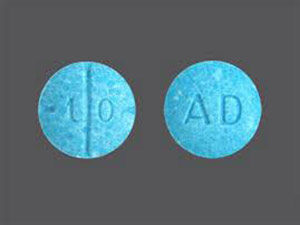
Adderall 10mg
$329.00 Select Pills -
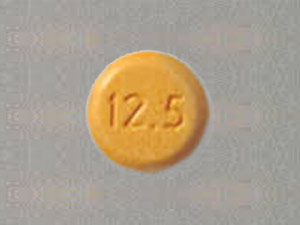
Adderall 12.5mg
$359.00 Select Pills -
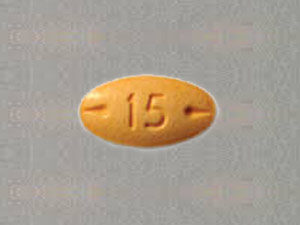
Adderall 15mg
$349.00 Select Pills -
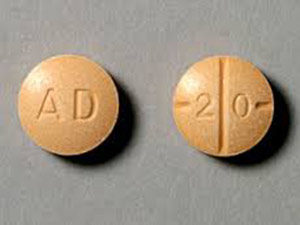
Adderall 20mg
$359.00 Select Pills -
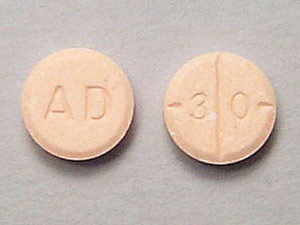
Adderall 30mg
$429.00 Select Pills -
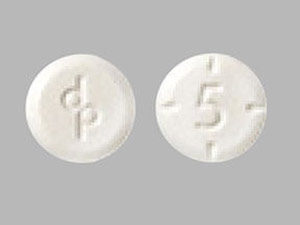
Adderall 5mg
$299.00 Select Pills -
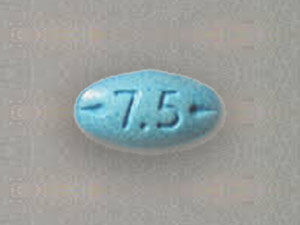
Adderall 7.5mg
$329.00 Select Pills -
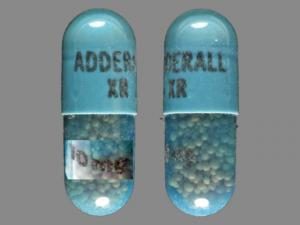
Adderall XR 10mg
$329.00 Select Pills -
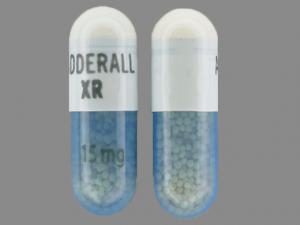
Adderall XR 15mg
$319.00 Select Pills -
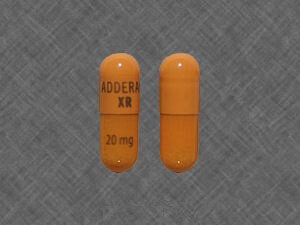
Adderall XR 20mg
$329.00 Select Pills -
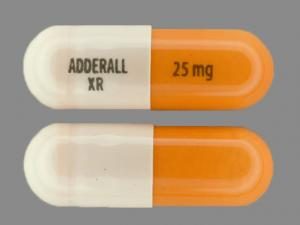
Adderall XR 25mg
$349.00 Select Pills -
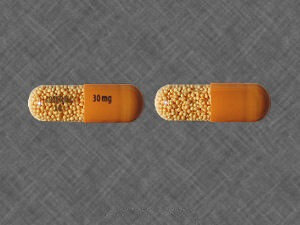
Adderall XR 30mg
$359.00 Select Pills -
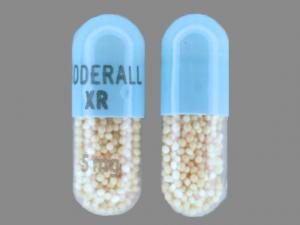
Adderall XR 5mg
$274.00 Select Pills
ADDERALL Overviews
Adderall is a brand drug for the prescription drug containing a combination of dextroamphetamine and amphetamine. It is used to treat Attention-Deficit Hyperactivity Disorder and for off-label purposes, such as narcolepsy.
Dextroamphetamine and amphetamine are CNS (Central Nervous Stimulants) stimulants. This medicine works by changing the number of natural substances in the patient’s brain that may affect impulse control and hyperactivity. This drug was approved by FDA in 2001 and marketed by Takeda.
When an individual takes this medicine, it helps them by increasing the ability to stay focused, have control over behavior, and pay attention. The working mechanism of this drug is to enhance the activity of the brain chemical such as dopamine and norepinephrine present inside the brain.
The combination of generic drugs amphetamine and dextroamphetamine, Adderall, is used as a part of a treatment program to control the symptoms of ADHD. It is used to treat ADHD in people and children of age three years and older.
Important information about Adderall?
Avoid taking this drug if you have taken an MAO inhibitor in the past two weeks. Doing such activity may result in dangerous drug interaction. MAO inhibitors may include selegiline, rasagiline, phenelzine, linezolid, etc.
Avoid taking Adderall if you have:
a history of drug or alcohol addiction
severe anxiety, agitation, and tension
glaucoma
overactive thyroid
high blood pressure,
Make sure your health care professional knows if you are taking stimulant drugs, medicines for mental illness, depression, nausea, severe infections, migraine headache, and herbal products. These drugs can interact with Adderall and may cause a painful condition such as serotonin syndrome.
Potent stimulants such as Adderall may cause a heart attack or stroke in some people. Consult your medical professional if you have:
family history of heart problems
high blood pressure
heart problems and congenital heart defect
Make sure this medicine is safe for you; talk to your medical professional if you have or ever had:
blood circulation problem in feet and hands
kidney disease
an abnormal brain wave test
seizures
motor tics
depression, suicidal thoughts, or mental illness
What are the side effects of Adderall?
Get emergency help if you have symptoms of an allergic reaction, such as breathing difficulty, hives, and swelling on the face and throat.
Call your medical health professional immediately if you have:
changes in vision
muscle twitches
seizures
numbness, cold feeling, or changes in skin color
hallucination, agitation, trouble breathing, and chest pain
Seek medical attention immediately if you have symptoms of serotonin syndrome, such as hallucination, agitation, and loss of coordination.
Some common side effects of Adderall may include:
dry mouth
sleep problems
dizziness
headache
fast heart rate
mood changes
weight loss
loss of appetite, nausea, and stomach pain
It is not the complete list of side effects; some other side effects may also occur. Call for immediate help if any of these symptoms get worsen.
FAQs
What does Adderall do to the brain?
Prolonged use of Adderall at heavy doses can cause significant side effects, such as changes in how your brain produces neurotransmitters. But side effects may be reversible once you stop taking Adderall. Some experts are still researching the potential prolonged effects of Adderall, especially when it is taken at a heavy amount.
Some physical side effects are associated with the use of this medicine, such as heart damage, which may not improve with time. If you experience any unwanted symptoms, consult your medical professional. If you have been taking this medicine without a prescription, it is even more necessary to get medical support, especially if you are getting addicted to the medication.
What does Adderall do to people with ADHD?
Adderall is a potent stimulant drug that is prescribed for treating ADHD. It may cause changes in your brain chemistry that may help to improve the symptoms of attention-deficit hyperactivity disorder, such as inability to focus and restlessness.
It is helpful for some people but can also carry some severe risks such as addiction and worsening heart issues. Experts believe that ADHD may be caused due to imbalanced brain chemicals such as norepinephrine and dopamine. Not having an appropriate level of these chemicals can result in symptoms of ADHD, including an inability to focus and decreased motivation.
Adderall may cause your brain to release more brain chemicals. Since this medicine can improve focus and attention, it can help an individual with ADHD develop better work habits and skills to be more equipped to perform.
What does Adderall?
Adderall helps an individual who is diagnosed with ADHD by improving their concentration and focus since it is a direct stimulant on the central nervous system, This drug has the same effects on those who do not have symptoms of ADHD, and it is necessary to remember that this medicine has side effects such as problems sleeping, headaches, restlessness, and nervousness.
The withdrawal of Adderall is also an issue of concern, and an individual must take this medicine only under the expert’s supervision.
How does Adderall affect the brain?
When potent stimulants such as Adderall are abused, your brain gets tricked into believing that it is making enough brain chemicals such as dopamine, epinephrine, and serotonin. According to a survey, it is said that your brain senses that there are enough neurotransmitters present due to the influence of Adderall and stops producing them.
As a result, your brain thinks it is cruising along very correctly. But taking away this drug leaves the system naturally, prompting them to take more to alleviate the feeling of fatigue, irritability, and depression, which are all common withdrawal symptoms of Adderall.
Why is Adderall better than concrete?
Adderall and concrete are both effective medicine that can help to treat the symptoms of ADHD. However, in some cases. one drug is preferred over the other. In a survey, it was found that some people may respond better to one medicine than others.
So, it is necessary to share your complete health history with your medical professional. Talk to them about all the drugs, supplements, and vitamins you take. It will help your medical professional to recommend the correct medicine for you.
